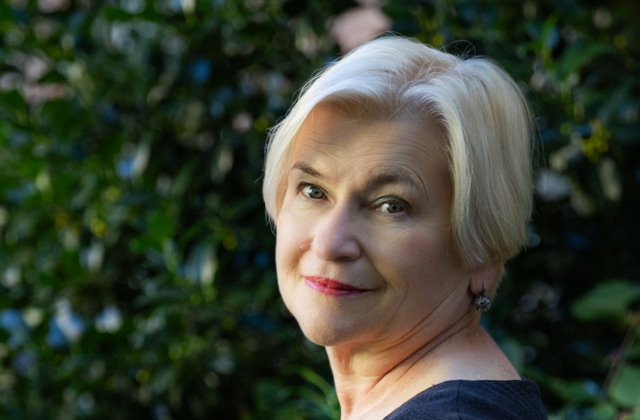Project title
Environmental Peacebuilding: Methodology and Applicability for Post-War Restoration in Ukraine
Project description
The full-scale Russian aggression in Ukraine (24 February 2022) changed the world drastically. The scale of it and its global impact raised numerous questions concerning human rights, international safety, justice, etc., all requiring solutions both urgent and viable in the long- term perspective. The negative humanitarian and environmental impacts of Russian aggression in Ukraine are among them. The war destroys landscapes, ecosystems, habitats, and populations of species. It disrupts the natural life support systems and violates the inherent Nature’s right to exist and the principle of biophilia.
Tetiana Gardashuk considers the war to be an anti-vital phenomenon, and thus a crime against life and “the world as a community” (Mitwelt) [Meyer-Abich, 1993], while peace is a universal and vital value. How can the biophysical environment, nature, and natural resources serve for cooperation, peaceful coexistence, and sustainability? Gardashuk aims to examine available approaches and produce new answers to post-war restoration and environmentally sustainable development in Ukraine, focusing on the concept of environmental peacebuilding (EPB).
Selected publications
Gardashuk, Tetiana (2017). Bioart as a Dialogue. Dialogue and Universalism. 27 (3):83-96. https://envigogika.cuni.cz/index.php/Envigogika/article/view/639
Gardashuk, Tetiana (2022). Environmental Threats of War in Ukraine. Envigogika. 17: 1. https://www.pdcnet.org/du/content/du_2017_0027_0003_0083_0096
Gardashuk, Tetiana (2022). Is Russian Aggression in Ukraine Ecocide? Envigogika. 17: 1. https://envigogika.cuni.cz/index.php/Envigogika/article/view/642
